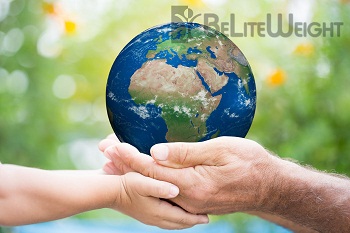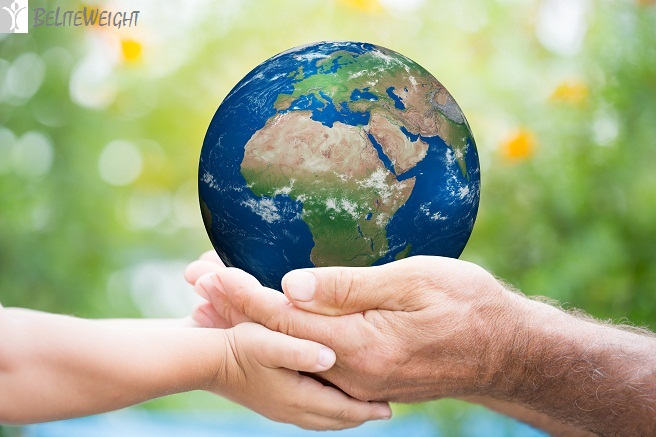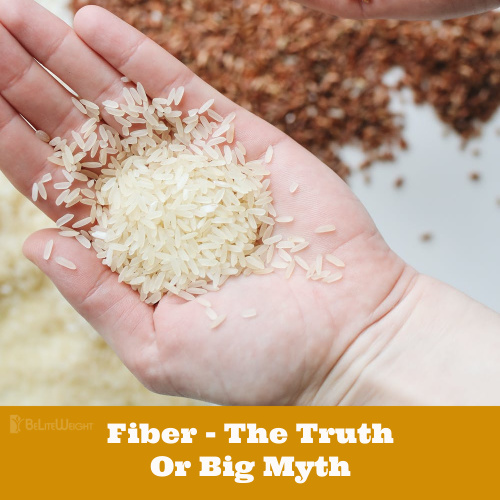Tuesday, April 22, 2014 is a big day for anyone who lives on Earth. Which is to say it's a big day for everyone. It's Earth Day, a 24-hour period where people on all seven continents and countries do things in support of environmental protection–and it makes a difference.
Maybe a single act by a single person on a single day can't possibly change global warming or reduce trash in the oceans. But you have to admit that joining millions of people during Earth Day can make a difference and inspire the people around you to do the same throughout the rest of the year.
Here are five ways you can celebrate and make a difference on Earth Day 2014 (and maybe even every day):
 Don't Use Plastic
Don't Use Plastic
Landfills and oceans around the world are piled high with plastic. Discarded bags, containers and toys are everywhere, chocking rivers and streams, killing fish and turtles, and blowing aimlessly across piles of garbage. Equally as concerning is the fact that the plastic manufacturing process releases toxins into the air–toxins you breathe.
Become a Vegetarian
You know eating vegetables is good for you, but did you know it's also good for the environment–if you eschew meat and poultry for a vegetarian diet. Meat processing releases a lot more carbon dioxide (CO2) into the atmosphere than growing vegetables. And carbon dioxide has been the largest contributing factor to the Earth warming.
Buy Local
Where you get your food from matters, too. If possible, try to buy local produce (or meat, if you're not going to give it up for a day). It doesn't have to be shipped as far, which there won't be as many trucks on the roads, emitting CO2.
Don't Drive
Commuting via mass transit is better for the environment than driving alone in your car. So is walking or biking. Cars emit a lot of CO2 into the atmosphere. So, just for a day, choose a different way to work. Who knows, you might really like it and make it part of your everyday commute.
Plant a Tree
Trees are always good for the environment. Trees can increase a property value and also improve air quality by producing oxygen and storing carbon that offsets the harmful byproducts of fossil-fuel burning.





